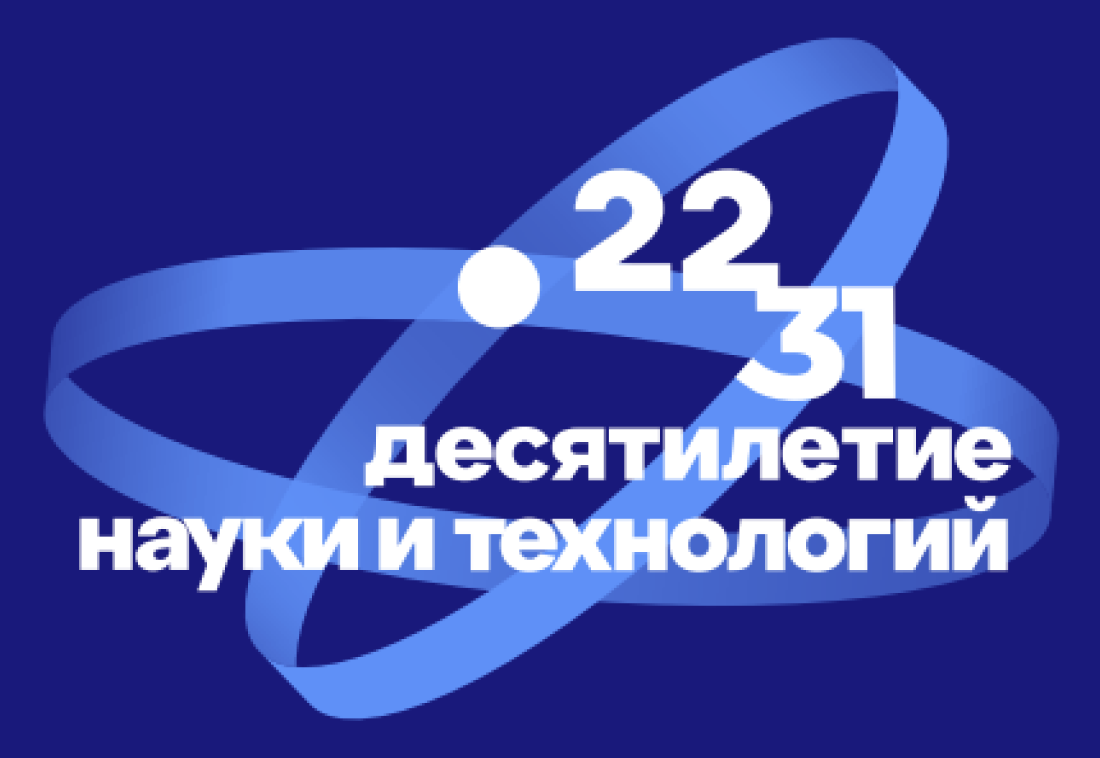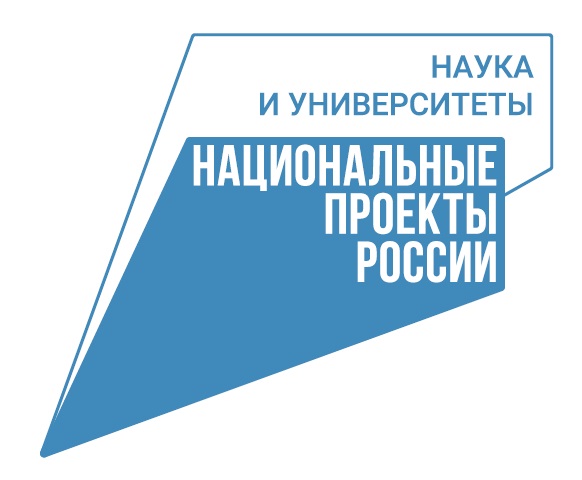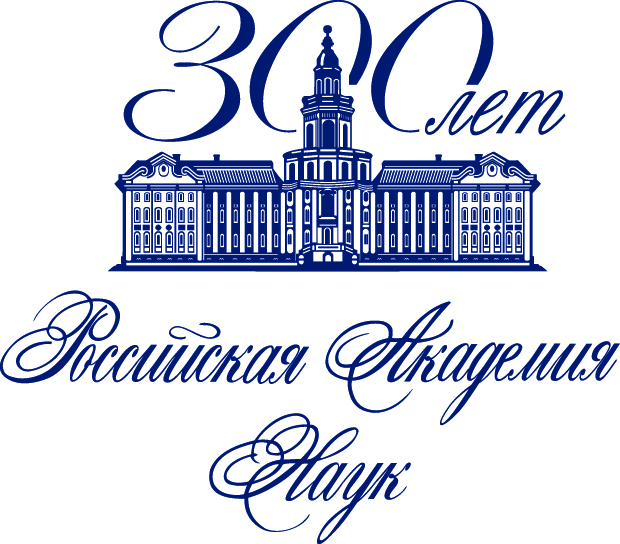|
Historical Note
The Institute was founded in February 1988. Professor S.S. Alekseyev (Doctor of Juridical Sciences, Corresponding Member of Russian Academy of Sciences) and professor A.V. Gaida (Doctor of Philosophical Sciences) took part in establishing the Institute and elaborating its scientific research work programs. Professor S.S. lekseyev was the Institute’s Director from 1988 till 1992, and professor A.V. Gaida worked as the Director from 1993 till 2001. The Institute conducts investigations according to the program “Civil Society and State”. During the first years, it performed fundamental investigations and sociological monitoring on themes “Power and common consent”, “Man and Power”. Also it performed a series of investigations devoted to explaining practical relations connecting Marxism and the history of Russia (Marxism and Russia. M., 1990; Socialism and Russia. M., 1990; Leninism and Russia. M., 1990). From 1994, problems of regional politics and federalism are studied. The Institute’s book on this theme: Federalism and Decentralization. Ekaterinburg: UrD RAS, 1998. (The expression “UrD RAS” is an abbreviation of “The Ural Division of Russian Academy of Sciences”).
In Russia, the Institute became one of pioneers in elaborating the conception of the modern stage of developing the rule of law (series of works of S.S. Alekseyev). Also the Institute became an innovator in investigating problems of regional law making and an initiator in studying problems of the legal status of subjects of Russian Federation. The following conceptions elaborated by the Institute are theoretically and practically significant: the theory of privatization of state property; the conception of main directions of activity of economy subjects of the region under conditions of the development to the market economy; the theory of legal documents establishing the status of subjects of Russian Federation and the status of organs of local self-government; the conception of reforming the executive power and of administrative-territorial dividing a subject of the Federation within the framework of the constitutional process. The Institute created a set of bills to order of the highest law-drafting organs of the Soviet Union and then of Russian Federation. Moreover it used to invent bills to order of governments of the NIS emerged in result of the collapse of the Soviet Union. Also it generated draft laws to order of state power organs of Sverdlovskaya oblast and of other subjects of Russian Federation. Among them the following documents are famous and very well known in scientific and social-political circles: the draft “Foundations of Legislation (of the Soviet Union and of Its Republics) On Culture”; the draft “Foundations of Legislation (of the Soviet Union and of Its Republics) On Lease”; bills about property in the RSFSR, some parts of the draft “Foundations of Civil Legislation of the Soviet Union”; the draft of the Constitution. Research workers of the Institute participated in elaborating drafts of the Constitution of Russian Federation and of the first and second parts of the Civil Code of Russian Federation. Moreover they generate bills for Sverdlovskaya oblast. The Institute is famous as the inventor of the draft of the Constitution of The Ural Republic and as the creator of the draft of the Charter of Sverdlovskaya oblast. (The draft of the Charter passed as an official document by the Oblastnaya Duma of the Lawgiving Assembly of Sverdlovskaya oblast.)
In 1999 the Institute became the winner of the international tender announced by Russian Fund for Legal Reforms and by the World Bank for creation and realization of the program “Perfecting Regional Law-drafting”. In 1999-2001 the Institute invented and realized (in Sverdlovskaya oblast) a program of training specialists involved in law-making process. (The Institute’s Books devoted to this program: Perfecting the Legislation and Law-drafting process in Subjects of Russian Federation. Ekaterinburg: UrD RAS, 2000; Law-making activity of Subjects of Russian Federation. Theory. Practice. Methods. Ekaterinburg: UrD RAS, 2001.) Realizing this project involved not only Russian specialists but also scientists from The U.S.A., Germany, Czech Republic and Japan.
From 2002, Doctor of Juridical Sciences Rudenko V.N. is the Director of the Institute. 62 persons worked in it at the end of 2003. 42 of them were research workers (13 Doctors of Sciences and 15 Candidates of Sciences). The following departments make up the Institute’s structure: the research department of philosophy; the one of sociology; the one of law; the center of scientific investigations of federalism problems; Perm branch for investigating political institutes and processes; Udmurtian branch for investigating ethnic policy and state making; the educational department of philosophy and the faculty of foreign languages for post-graduate students of UrD RAS. Principal subject matters and directions of the research are the following ones: ontological and social-cultural grounds of civil society and state; cultural, political and mass communications in the World under the globalization process; the experience of discourse analysis; civil culture and civil participation; political institutes and processes in Russia and in the World; legal institutes of civil society: autonomous and centralized regulation; elevating the effectiveness of governing social-economical processes.
In 2002 the Institute became the basis for creating Eurasian political investigation net uniting scientists from different countries of Europe, Central Asia and Japan. This initiative was supported by: the Regional seminar for elevating the quality of education (ReSET); the “Open Society” Institute’s Program for supporting the higher education at the university level (HESP/OSI); the Project for civil education (CEP). Realizing the Eurasian net project in 2002-2003 the Institute of Philosophy and Law organized two international scientific conferences on the theme: “Political Science and State Power in Russian Federation and the NIS”. Organizing and conducting such conferences is to be continued. In 2002–2003 several initiative projects of the Institute were supported by the following funds: RFFI (Russian Fund for Fundamental Investigations), RHF (Russian Fund for the Humanities); the Council for giving Russian Federation President’s Grants for developing scientific schools and trends.
The below list of the institute’s scientists contains the most advanced and leading ones: RAS’s Corresponding Member, Doctor of Juridical Sciences, Professor S.S. Alekseyev; Doctor of Philosophical Sciences S.E. Vershinin; Doctor of Philosophical Sciences, Professor A.V. Gaida; Doctor of Political Sciences E.G. Diyakova; Candidate of Juridical Sciences, Docent M.F. Kazantsev, Candidate of Philosophical Sciences, Docent K.V. Kiselev (Vice-director for scientific matters); Doctor of Economical Sciences, Professor G.A. Kovaleva (Head of the Center of Federalism Problems); Doctor of Philosophical Sciences, Professor V.B. Kulikov; Doctor of Philosophical Sciences, Professor V.O. Lobovikov; Doctor of Philosophical Sciences, Professor K.N. Liubutin; Doctor of Philosophical Sciences, Docent Y.I. Miroshnikov (Chief of the educational department of philosophy for post graduate students of the UrD RAS); Doctor of Political Sciences, Professor I.M. Model (Head of the research department of sociology); Doctor of Political Sciences, Docent S.V. Moshkin; Doctor of Political Sciences, Docent O.B. Podvintsev (Director of Perm branch of the Institute); Doctor of Juridical Sciences V.N. Rudenko; Doctor of Political Sciences, Professor O.F. Rusakova (Head of the research department of philosophy); Doctor of Philosophical Sciences E.A. Stepanova; Candidate of Political Sciences A.D. Trakhtenberg; Doctor of Economical Sciences, Professor M.I. Shishkin (Director of Udmurtian branch of the Institute).
The Institute provides training according to programs for 9 specializations of post graduate students aimed at Kandidatskaya degree (Ph.D.) and for 2 specializations of researchers aimed at the Doctoral degree (D.Sc.). Scientific Councils for Evaluating Doctoral Dissertations work in the Institute. They make their decisions about dissertations belonging to 2 specializations.
The Institute maintains permanent international connections with scientists from the Center of Slavic Studies of the University of Hokkaido (Japan, Sapporo), from the Department of Political Studies of the University of New-Mexico (The U.S.A., Albuquerque), from Max-Plank Institute of International and Private Law (Germany, Hamburg), from Karlov University (Czech Republic, Prague), etc.
During 1996-2003, the scientific research workers published about 70 monographs. The Institute publishes five serials: “The Scientific Yearbook of the Institute of Philosophy and Law of the UrD RAS”; the scientific-practical almanac “Discourse-P”, the series of monographs “Phenomenology of Political Space”; the series of books “Studies of Federalism Problems in Russia: an interdisciplinary approach”; the series of books “Philosophical problems of science and culture”.
|





